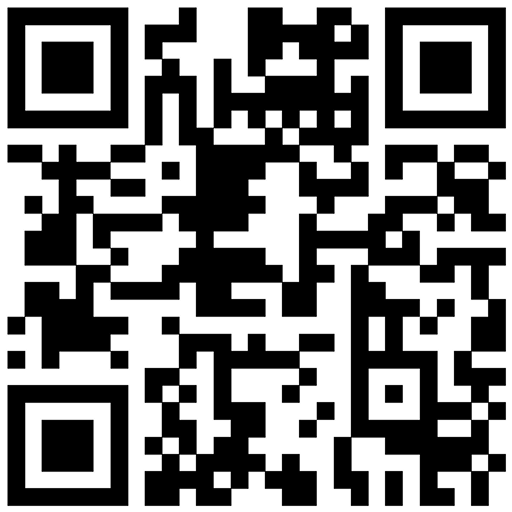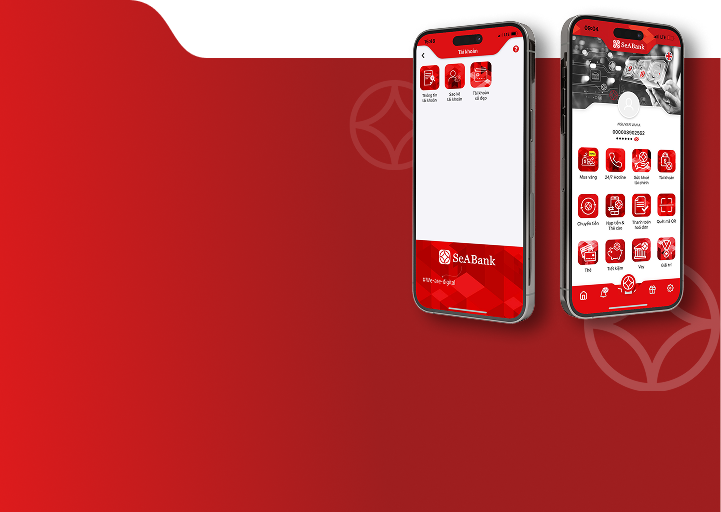News
Exclusion List on Environmental and Social Risks
06/04/2022
Southest Asia Commercial Joint Stock Bank (SeABank) publishes Exclusion List on Environmental and Social Risks.
SeABank would not finance any of the following projects/production and business plans.
1. Production or trade in any product or activity deemed illegal under host country laws or regulations or international conventions and agreements, or subject to international bans, such as pharmaceuticals, pesticides/herbicides, ozone depleting substances, PCB's, wildlife or products regulated under CITES.
2. Production or trade in weapons and munitions (1').
3. Production or trade in alcoholic beverages (excluding beer and wine) (1').
4. Production or trade in tobacco (1').
5. Gambling, casinos and equivalent enterprises (1').
6. Production or trade in radioactive materials. This does not apply to the purchase of medical equipment, quality control (measurement) equipment and any equipment where considered the radioactive source to be trivial and/or adequately shielded.
7. Production or trade in unbonded asbestos fibers. This does not apply to purchase and use of bonded asbestos cement sheeting where the asbestos content is less than 20%.
8. Production or activities involving harmful or exploitative forms of forced labor(2')/harmful child labor (3').
9. Commercial logging operations for use in primary tropical moist forest.
10. Production or trade in wood or other forestry products other than from sustainably managed forests
11. Drift net fishing in the marine environment using nets in excess of 2.5 km. in length.
12. Coal related-activites include (a) developing or expanding coal-fired power plants, coal mining, coal transportation assets used exclusively for coal, or (b) infrastructure assets exclusively dedicated to support any of these activities.
14. Developing, expanding, operating or maintaining coal mining plants/sites, coal transportation , coal – fired power plant (excluding detained coal-fired power plant are used for industrial applications, for instance, mining, blast furnace and cement or chemical industry), or infrastructure assets exclusively dedicated to support any of these activities.
Notes:
(1') - If these excluded business activities generate more than 20% of their respective revenues, these credit applications will be denied.
(2') – Forced labor means all work or service, not voluntarily performed, that is extracted from an individual under threat of force or penalty.
(3') - Harmful child labor means the employment of children that is economically exploitive, or is likely to be hazardous to, or to interfere with, the child’s education, or to be harmful to the child’s health, or physical, mental, spiritual, moral, or social development. According to national labor law code, child labor means the employment forms of illegally juvenile labors.
Related News
SeABank was honored in the Top 50 most profitable enterprises in Vietnam in 2025 for the 6th time 30/10/2025
SeABank advances its Gender Equality commitment, driving Women Empowerment 23/10/2025
SeABank accompanies and empowers women-owned businesses to thrive in the marketplace 20/10/2025
SeABank honored as ‘Vietnam Strong Brand’ for 17th time 14/10/2025
SeABank releases Sustainability Report, reinforcing long-term commitment 30/09/2025
SeABank was honored in the Top 50 most profitable enterprises in Vietnam in 2025 for the 6th time
Recently, within the framework of the Announcement Ceremony of the Top 500 Most Profitable Enterprises in Vietnam - Profit500, Southeast Asia Commercial Joint Stock Bank (SeABank, HOSE: SSB) is proud to be honored as the Top 50 Profitable Enterprises in Vietnam in 2025. At the same time, the Bank was also honored in the ranking of Top 50 Most Effective Business Companies in Vietnam 2025 by Nhip Cau Investment Magazine. This achievement not only recognizes SeABank's effective business efforts and stable growth over the years, but also affirms its position as one of the leading joint stock commercial banks in Vietnam, with a comprehensive and sustainable development orientation.
30/10/2025
Read more
SeABank advances its Gender Equality commitment, driving Women Empowerment
As one of Vietnam’s pioneering banks to sign a commitment on gender equality, SeABank strives to create an equitable work and business environment, empowering female employees, women customers, and women business owners with meaningful opportunities and support.
23/10/2025
Read more

SeABank accompanies and empowers women-owned businesses to thrive in the marketplace
Vietnam’s economy has witnessed the strong rise of women-owned businesses, showcasing their competitiveness across management, technology, and market expansion. Accompanying this journey, SeABank takes the lead in offering comprehensive financial solutions, along with non-financial support, to help women-owned businesses enhance capabilities and achieve sustainable growth.
20/10/2025
Read more







